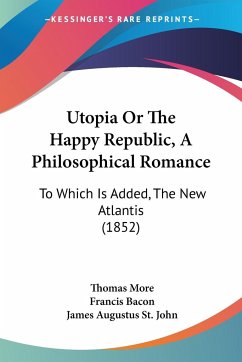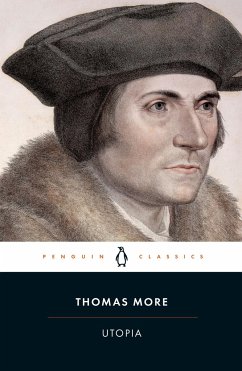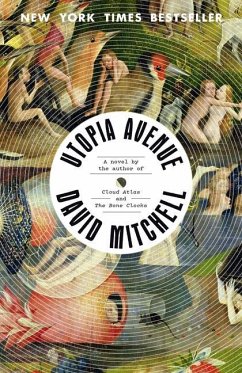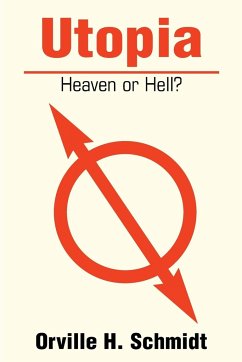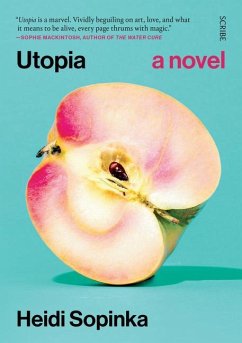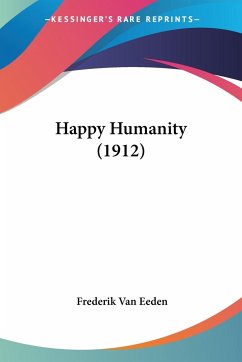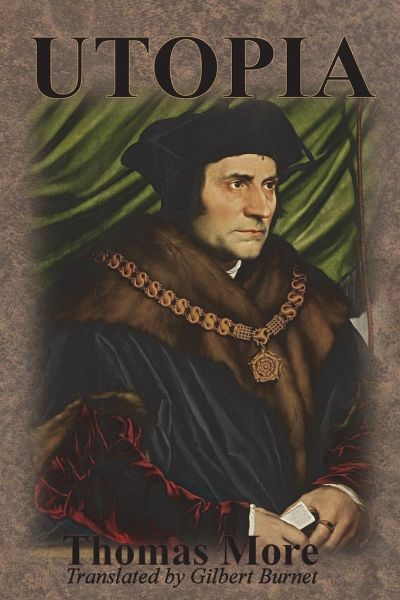
Utopia
Versandkostenfrei!
Versandfertig in 1-2 Wochen
8,99 €
inkl. MwSt.

PAYBACK Punkte
4 °P sammeln!
Unabridged English value reproduction of Utopia by Thomas More and translated by Gilbert Burnet, in this affordably printed volume, is a book that belongs on everyone's shelf. Published originally in 1516, More made popular the common usage of the term Utopia, "as a communal place where everything is perfect." A lawyer himself, Utopia includes no lawyers due to the law's simplicity. Reading More's version gives insight into the original thought of what a Utopia should be. This Value Classic Reprint provides a slim volume with full text at an affordable price.






